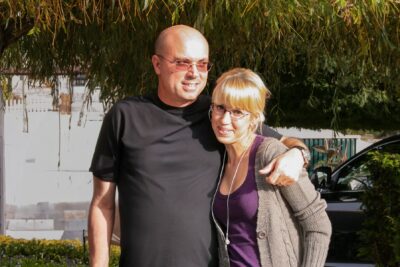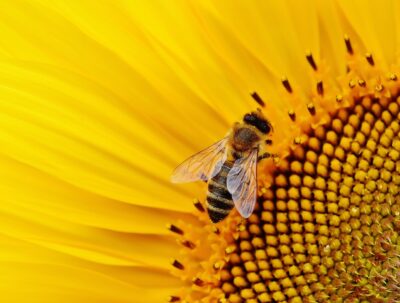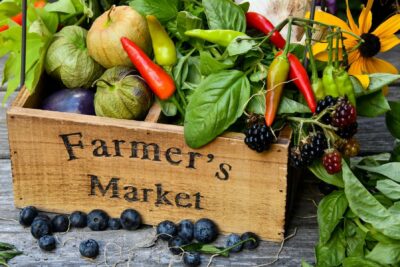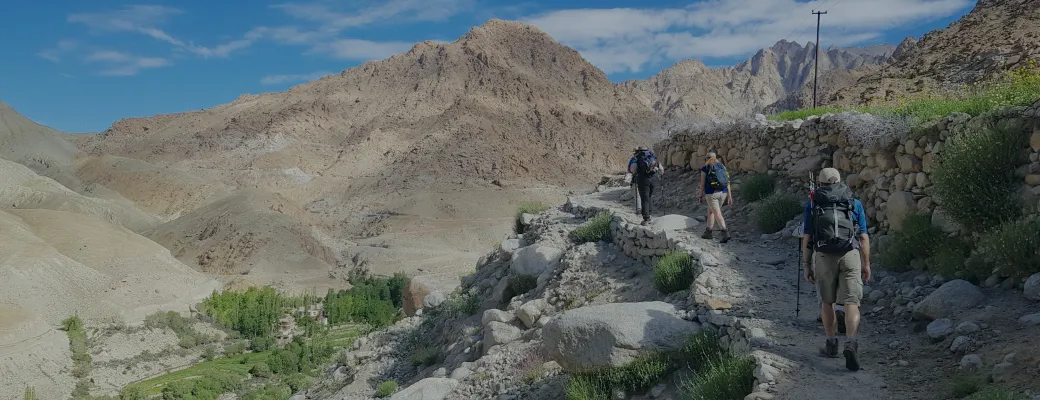Nine years ago, my life took a sharp turn towards veganism. This wasn’t a sudden, impulsive decision but a deeply personal journey shaped by the tragic loss of my dad to stomach cancer.
By Rita Parente
A Father’s Struggle, A Daughter’s Awakening
My dad was the epitome of resilience and strength, often praised for his innate stoicism by whoever he crossed paths with. While he remained unbelievably true to these traits after receiving the diagnosis, those closest to him could tell how the tables were turning. The man who I believed could never be taken down was suddenly in need of being picked up.
I was more than just a close witness of my dad’s struggle with this unforgiving disease. Our roles completely reversed when I, his former care-receiver, became his caregiver. From every hospitalisation, every drug administered, to every doctor’s appointment, I was right by his side. It was my hands that tended to his post-surgery wounds, gave him daily injections and fed him through tubes for months on end. But despite the best efforts of everyone involved, my dad’s battle came to a violent end within a year of his diagnosis.
Cancer’s devastating impact is always soul-crushing, but it doesn’t always lead to drastic lifestyle changes for those left in mourning. This makes me wonder, why did it become a turning point in my life? Up until that point, I had read about cancer, understood its grim statistics, and I’d been moved to tears several times by stories both real and fictional, told in movies and even on social media. Yet, none of that could have prepared me for how harsh of a battle it is in reality, and my world was shaken to its very core once the disease breached my family circle.
Questioning the Norm: Scrutinising Our Diet
Prior to his diagnosis, I looked up to my dad as a beacon of health and wellbeing. He followed what the Portuguese call the typical Mediterranean diet and avoided greasy, fried foods. He never ate any sugary and processed foods and he maintained a more than decent level of weekly physical activity for a 50-year-old person. He did not smoke nor engage in reckless, self-indulging habits. But I now recognise how his lifestyle was far from enough to ward off disease. His diet was filled to the brim with animal products – dairy, meat, fish and eggs. These are commonly described as health-promoting foods, and yet he could not be spared from becoming seriously ill.
As I witnessed his disease progress, I began scrutinising our regular diet and lifestyle, probing into what might have gone wrong and what we could have done to avoid it. Each finding led to another, and I dove deeper and deeper into the question: what is a healthy diet? Still amid medical appointments and dire prognoses, I began to seek more information about health and human nutrition, partly driven by the fear of ever being put through such a brutal experience again. I can’t quite recall who it was back then that told me something I still live by to this day: the best cure for cancer is prevention. I took my first step towards a vegan diet and stopped eating meat overnight, much to my dad’s concern, ironically.
The Road to Understanding: “Anticancer” and “The China Study”
Shortly after he passed and as soon as I could muster the strength, I read the books Anticancer by David Servan-Schreiber and The China Study by T. Colin Campbell, and what I learned from both became my one-way ticket into ultimately excluding all animal products from my diet.
Anticancer details how certain foods, particularly those high in antioxidants, can potentially prevent or slow the progression of malignant tumours. I learned about the healing properties of plants and their powerful ability to combat inflammation and oxidative stress — two processes that fuel cancer growth.
The China Study expands on this, presenting the results of a groundbreaking epidemiological study which shows that populations consuming predominantly plant-based diets have lower rates of chronic diseases, including cancer. It specifically points to animal proteins as a significant factor in the development of certain health conditions.
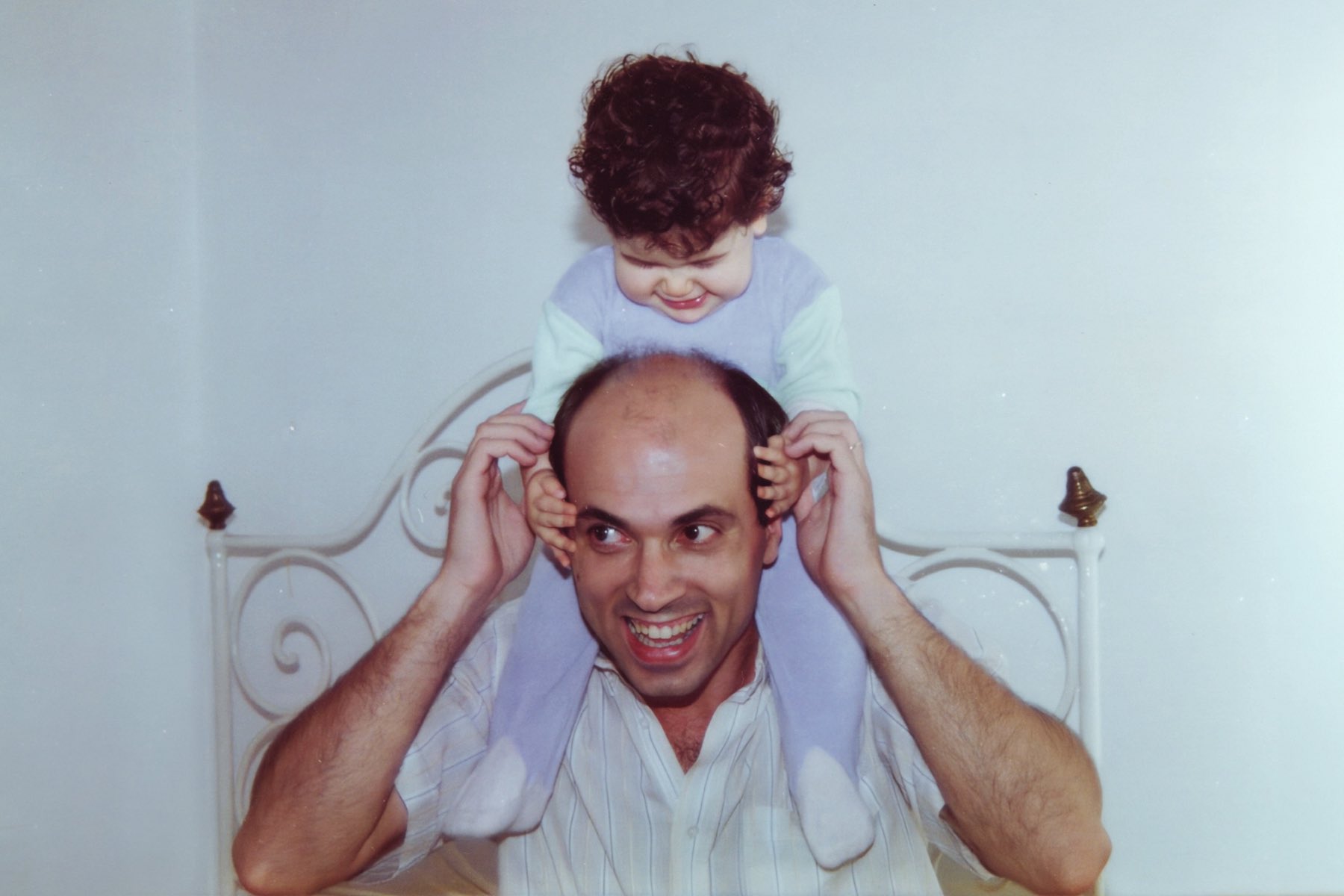
From Fear to Empowerment: My Commitment to a Plant-Based Diet
These revelations were startling. The foods I thought would have prevented my dad from becoming sick might have actually contributed to the growth of his stomach cancer. So, at 23 years old, I made the meticulously informed decision to go vegan for my health.
I don’t mean to state that anyone who follows a strict plant-based diet is immune to suffering from a disease like the one that took my dad’s life — that would be incredibly naïve and even irresponsible of me. But knowing that I’m doing the best I can to improve my chances of not becoming ill gives me a sense of control and helps tame the trauma-propelled fear of having cancer. Transitioning to a plant-based diet was my commitment to honouring my body with wholesome nutrition which can potentially keep me from having to endure the pain my dad endured.
Transformative Change: The Gifts of Veganism
This massive change in eating habits helped me redefine my traumatic experience. Although I wish the disease had never struck my dad, I recognise how pivotal this event was in steering me towards such a positive outcome. How poetic is it, that as I journeyed through grief, the groundwork was laid for a transformative change that would eventually gift me an abundance of joy and fulfilment?
Veganism has been more than a dietary change for me – it’s been an opportunity to connect the dots and make sense of my experiences. Not only did I see improvements in my own health, but I also found peace of mind, developed greater compassion towards all sentient beings and discovered unexpected professional opportunities. I am now a published author of two vegan cookbooks and I’ve been working almost exclusively for the vegan movement for six years. It’s been nothing short of a privilege to merge my profession with my dietary choices and my moral values.
Today, my veganism extends beyond health. It’s for the animals, the planet and for a better chance at a sustainable future. As I look within me and around me, I can safely say there are no dots in sight left to connect. I feel whole, despite the grief I carry.
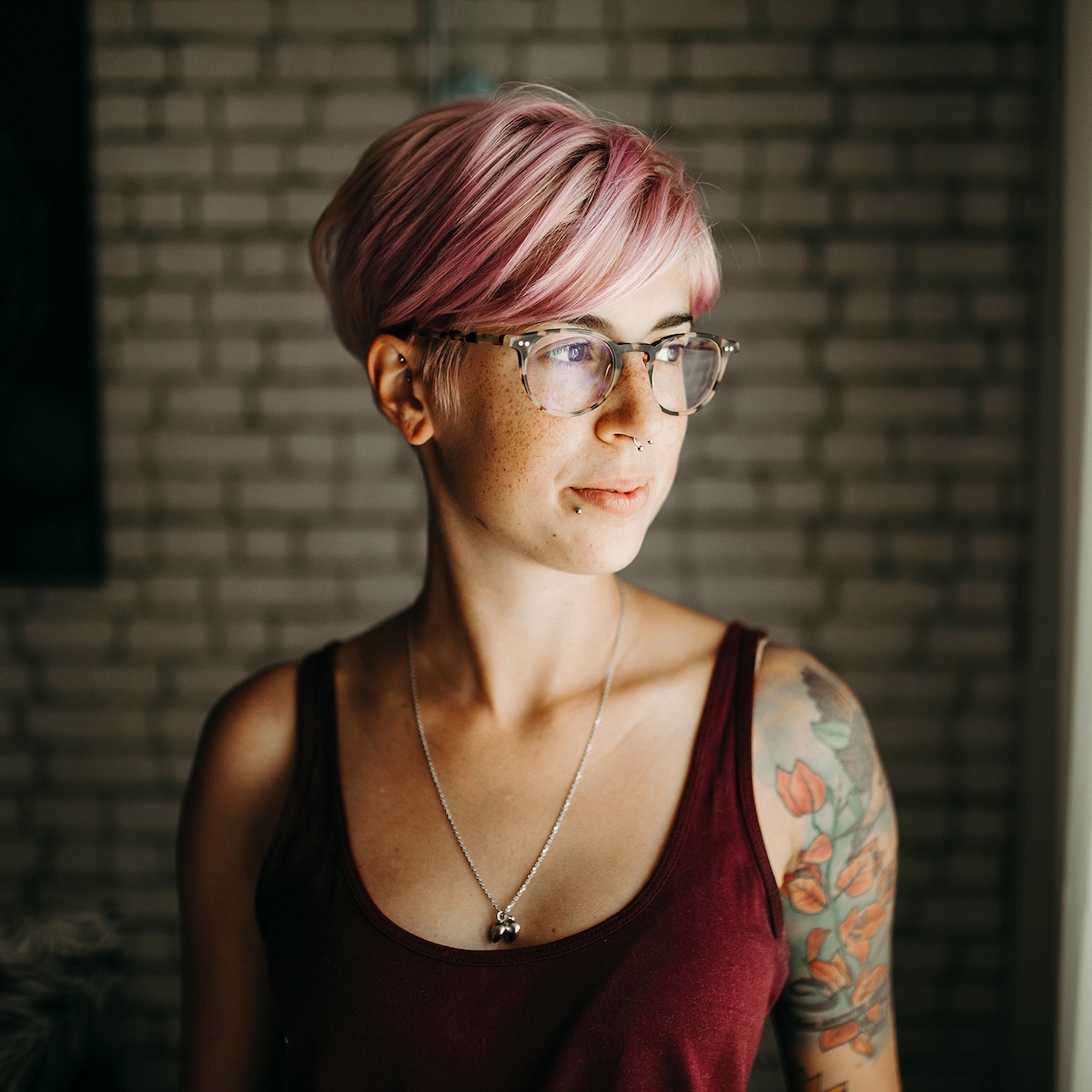
Rita Parente works as the Design Executive at GenV, channelling her creativity to advocate for a vegan lifestyle. Her personal and professional lives are beautifully intertwined and she takes pride in expressing her values through her design work. Outside of work, Rita enjoys spending quality time with her family, drawing, and immersing herself in live music events and animated feature films.
